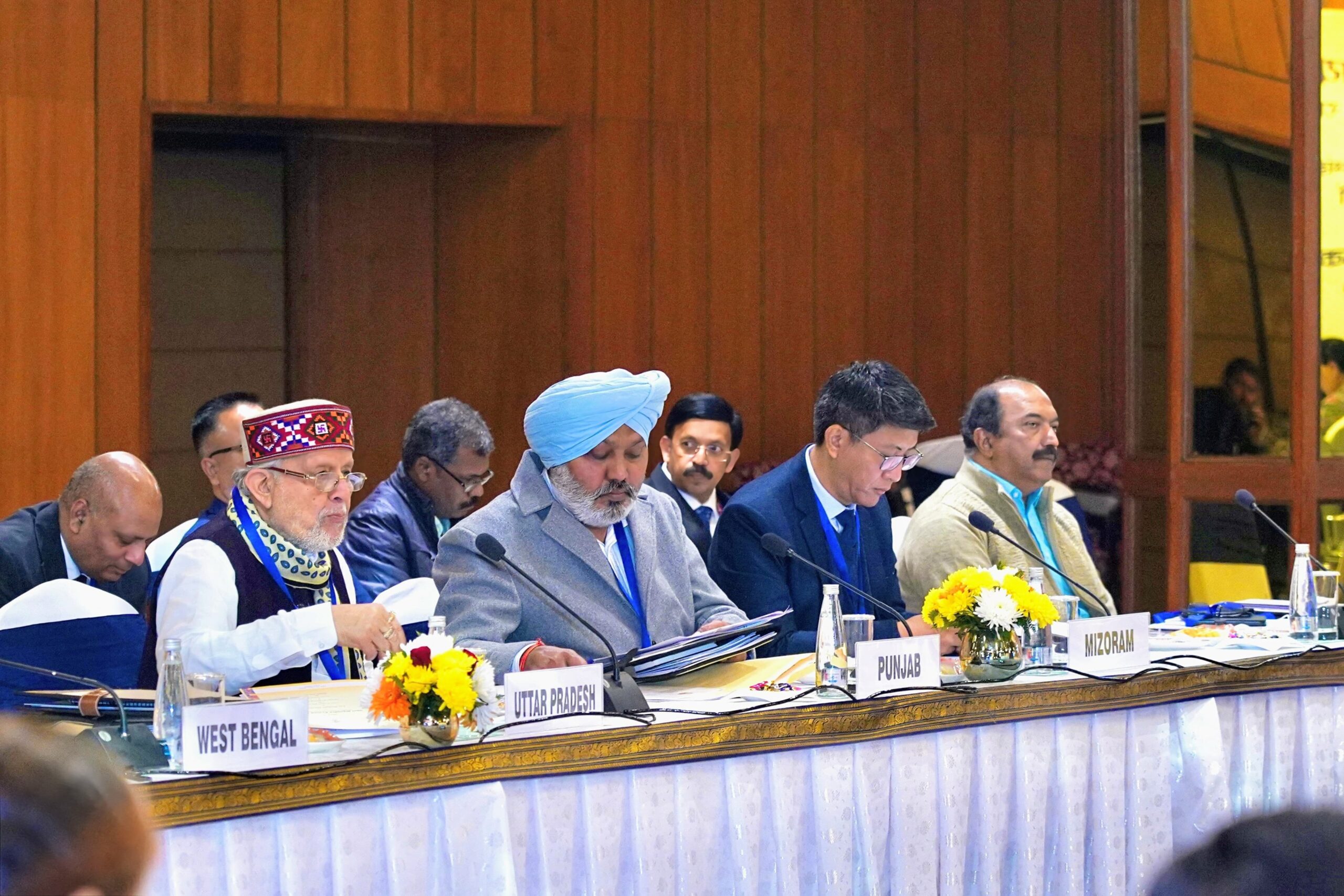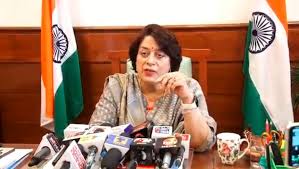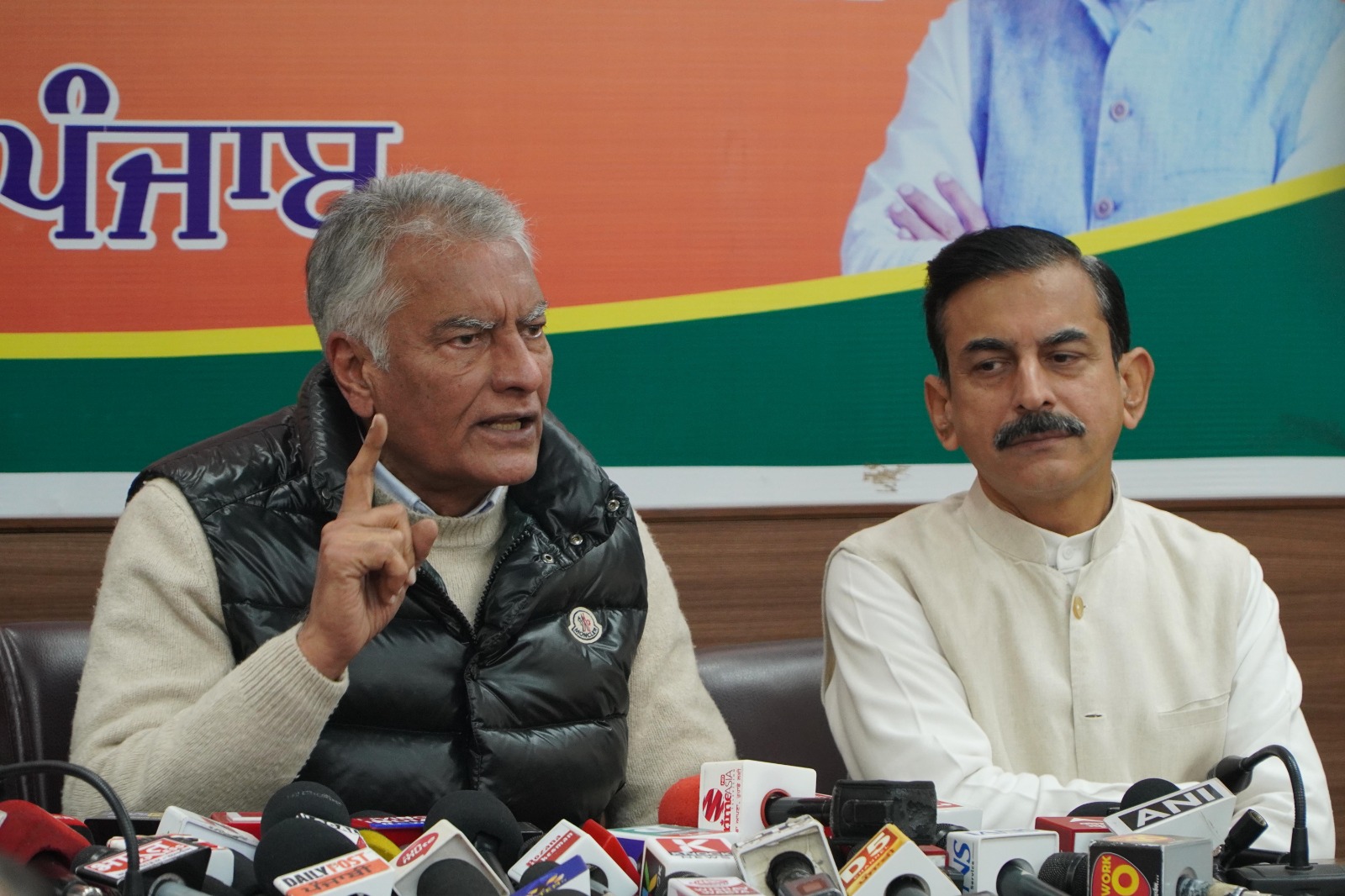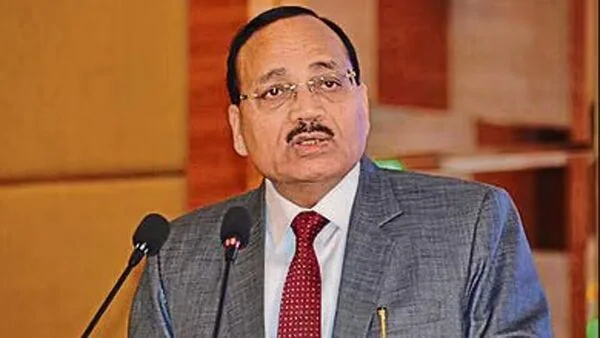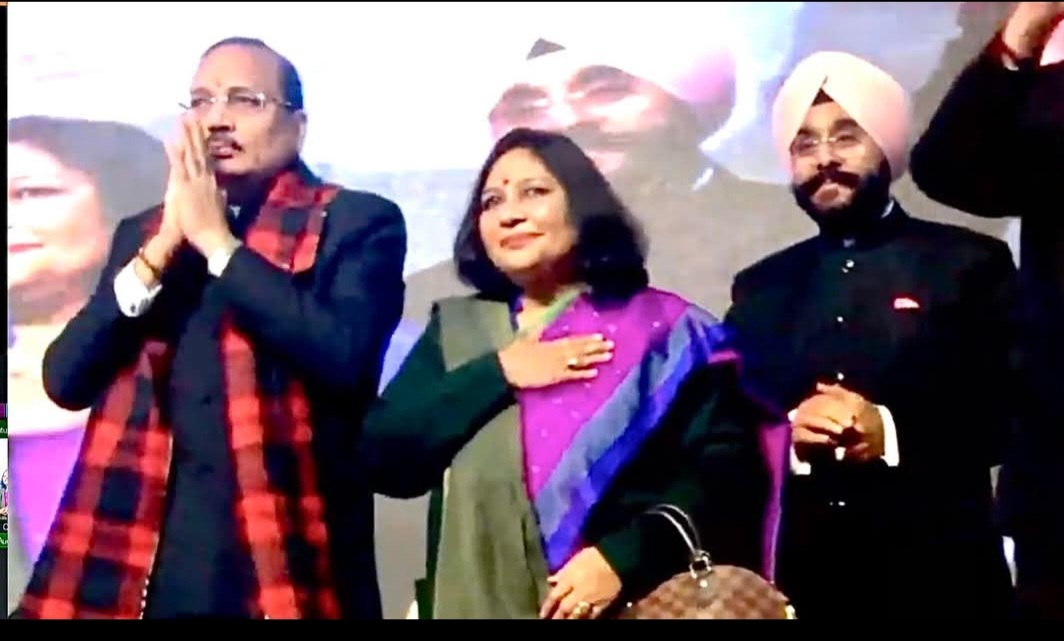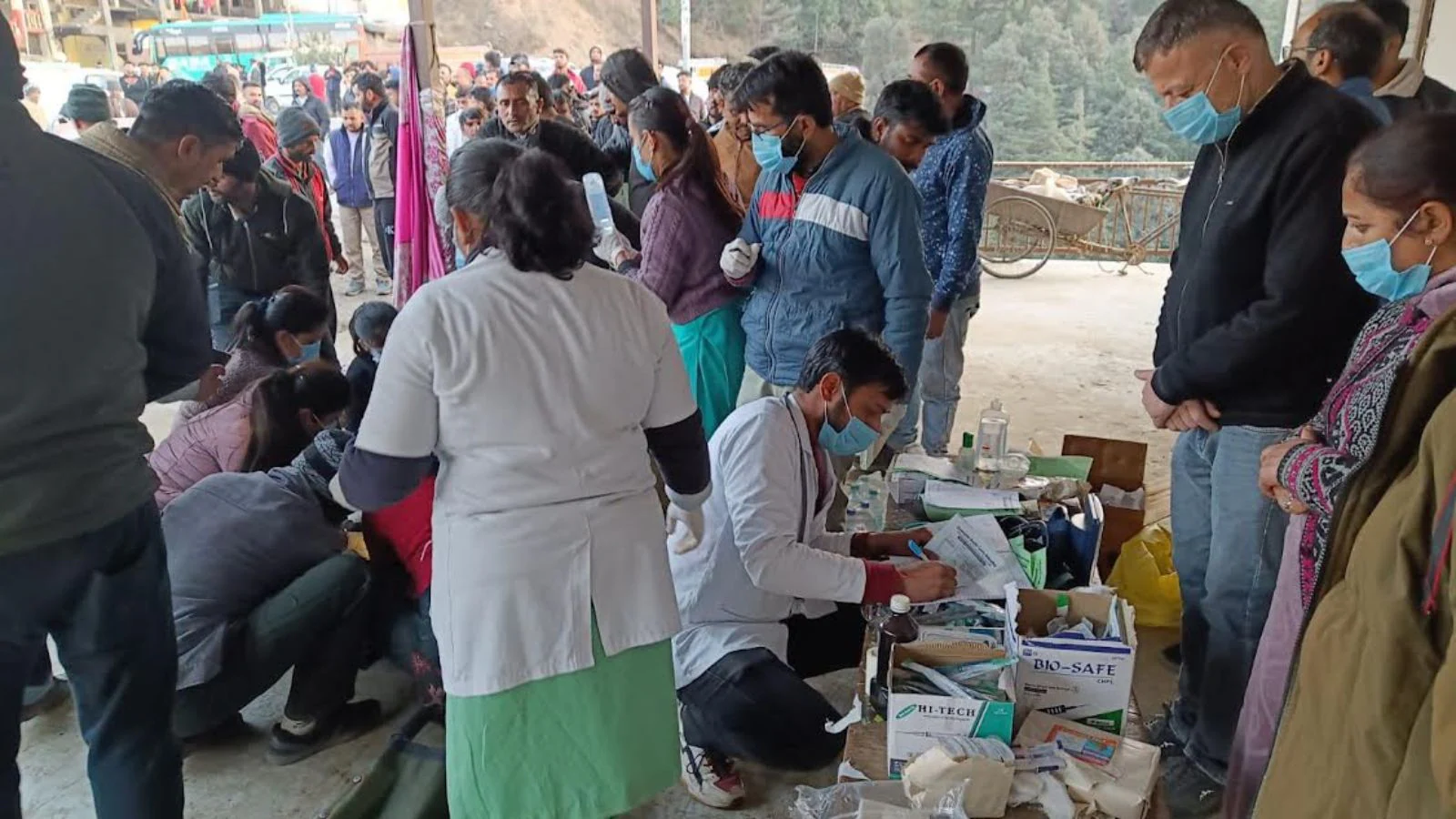Listen To This Post
New Delhi: Chief Justice of India-designate Justice Surya Kant on Saturday voiced grave concern over the growing misuse of artificial intelligence (AI) and digital tools to harass and malign women journalists, warning that the weaponisation of technology poses a direct threat to press freedom and democratic discourse.
Addressing the 31st anniversary of the Indian Women’s Press Corps (IWPC) in New Delhi, Justice Kant said the same technological tools that had revolutionised journalism were now being abused to circulate false, malicious and manipulated content, often causing irreparable harm to the victims. “These (AI) tools are also being weaponised to circulate false and malicious narratives, which are later sensationalised. The victims endure reputational damage, loss of credibility, and even social ostracism,” he said.
‘Damage That Outlives the News Cycle’
Justice Kant observed that such manipulated content often persists online long after the original story has faded from public attention, inflicting permanent reputational damage on the affected individuals. “The manipulated content remains accessible indefinitely, long after the story has retreated from the news cycle. The damage, therefore, is both permanent and devastating,” he cautioned, adding, “As a responsible democracy, we cannot afford to normalise or tolerate such happenings as an inevitable consequence of online discourse.”
Acknowledging Promise, Warning of Perils
While acknowledging that AI and other automated tools have greatly enhanced newsroom efficiency — enabling faster research, real-time fact-checking, and large-scale data analysis — Justice Kant emphasised the need for ethical and regulatory frameworks to curb misuse. “It is vital to acknowledge that the unrestricted use of AI comes with its fair share of risks—especially concerning privacy, dignity, and safety for journalists and the subjects of news reporting alike. The spread of deepfake technology and doctored images only serves to amplify these dangers,” he said.
‘Women Journalists Disproportionately Targeted’
The CJI-designate underscored that women journalists bear the brunt of such technological abuse, facing targeted harassment campaigns designed to silence and discredit them. “Perpetrators misuse private data, fabricate incriminating content, troll incessantly, and manipulate images for psychological and professional harm,” he said. “Instead of engaging with their actual work or opinions, these actors resort to methods of online violence to belittle, induce fear, and discredit them professionally.”
He said this form of digital abuse not only undermines women journalists’ confidence and sense of security but also erodes press freedom by narrowing the diversity of voices in public debate. “This type of digital abuse not only undermines the confidence and security of women journalists but also threatens press freedom by stifling the diversity and nuance of public discourse,” Justice Kant warned.
Call for Media Protocols and Policy Safeguards
Justice Kant urged media organisations, regulatory bodies, and digital platforms to develop robust internal protocols and industry-wide safeguards specifically aimed at protecting women journalists and victims of false narratives.
He emphasised that legal and ethical standards must evolve in tandem with respect for personal dignity in digital spaces.
‘Women Are Redefining Journalism’
The CJI-designate also used the occasion to laud the transformative role of women journalists in reshaping India’s media landscape through impartial, persistent, and ground-level reporting. “Across India and globally, women are transforming journalism’s landscape by pioneering local reporting teams that document social injustice, gender violence and policy gaps,” he said. “Their persistent, impartial journalism, coupled with their engagement with local authorities, has led to tangible change — from improved infrastructure to greater legal transparency.”
Justice Kant called upon society to celebrate the resilience and courage of women journalists who report from conflict zones, anchor debates, edit critical stories and pursue investigative leads under pressure. “In celebrating the IWPC’s anniversary, we must honour the spirit of women journalists — those who reported from conflict zones, edited crucial stories under strict deadlines, anchored spirited debates and drove far-reaching investigations,” he said.
Justice Surya Kant’s remarks come amid a global debate on AI ethics and digital accountability, particularly regarding the proliferation of deepfakes, disinformation, and online harassment. His address also coincides with ongoing discussions in India about the need for a legal framework to regulate AI while balancing innovation with individual rights and journalistic freedom.





